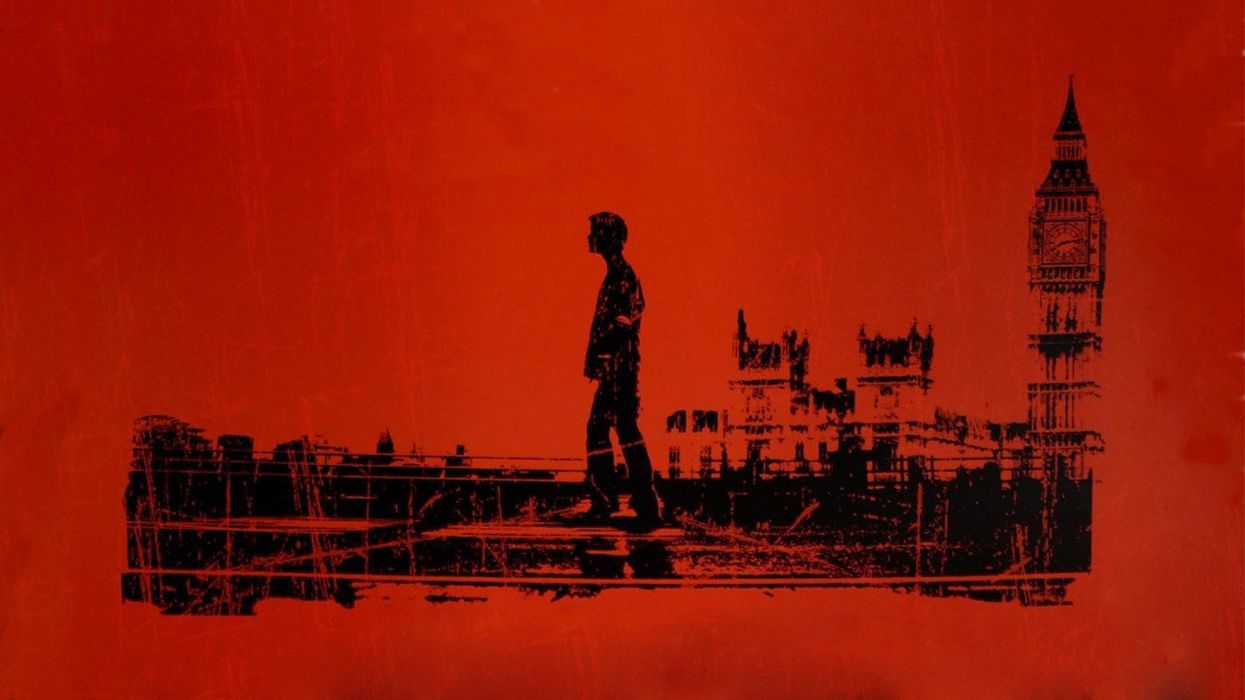How Horror Films Reveal What We're All Really Afraid Of
No genre represents our deepest real-life fears quite like horror.

If you want to know what people were afraid of at any given point in the last 130 years or so, just take a look at what kinds of horror films were being made in their country. By its very nature, the horror genre exploits the fears of its audience, but in order to do so, it must know what they are. On the surface it may appear that ghosts, aliens, and giant arachnoids are the things that cause so much dread and anxiety, but if you look a little deeper you'll soon realize that its not the monsters themselves, but what they represent.
Jack Nugent of Now You See It explores this in his latest video essay, revealing how much you can learn about historical global and domestic threats and anxieties simply by determining which types of horror subgenres were popular at the time.
There are so many horror subgenres that can teach you about what people were afraid of at different times in history, but because they're timely and deal with the issues we're experiencing today in our world, Nugent zeros in on the zombie flick.
Zombie movies have existed for almost a century with the first precursors, like Home Brew and White Zombie, showing up in the 1920s. However, it wasn't until the late 60s that the genre was more fully fleshed out (pun intended, sorry), when filmmakers like George A. Romero began to use the "zombie" as a metaphor for societal problems, like consumerism and the effect technological advancements have on society.
Fast forward to post 9/11 America, and you've got one of the first critically acclaimed zombie movies, 28 Days Later directed by Danny Boyle. This film is an interesting case, because, as Nugent points out, the threat doesn't come from the outside, but from within. Unlike previous horror films in which an malevolent force wreaks havoc on an unsuspecting city (Godzilla, King Kong, etc.), the zombie films of the 2000s feature an infection of civilized society.
Nugent claims that these zombie films represent the fear of terrorism and the resulting decay of social order. This certainly makes sense, especially considering how zombie films work—a virus or contamination infects human beings on the inside, spreads, society crumbles, government topples, and then people turn against each other until the entire world has been wiped out. If you look at this subgenre as a metaphor for the fear of terrorism, the threat is the "infected person"—an invisible threat that isn't noticed until it's too late.
So if you're a horror filmmaker, try to keep an eye on what people in your country are afraid of—not to exploit their fear, but to acknowledge it and offer commentary.
What do you think about Nugent's analysis? Let us know in the comments below.
Source: Now You See It











